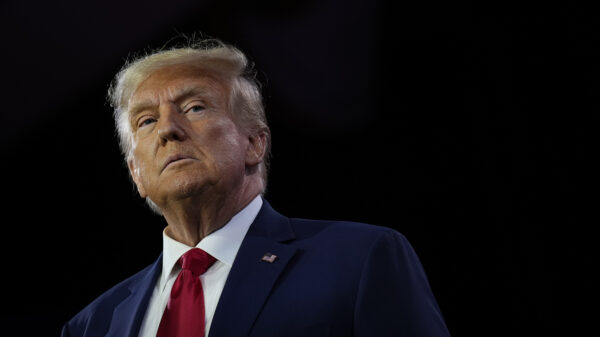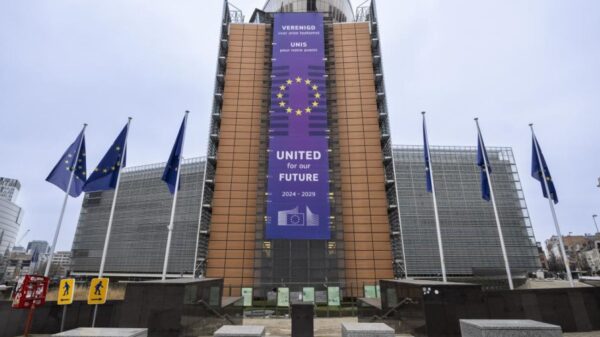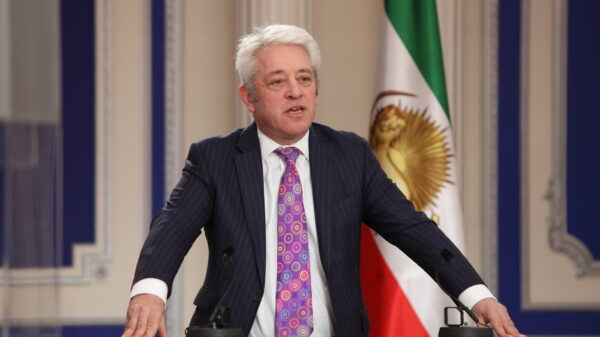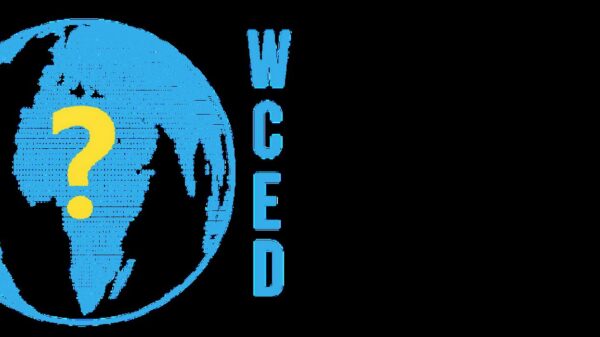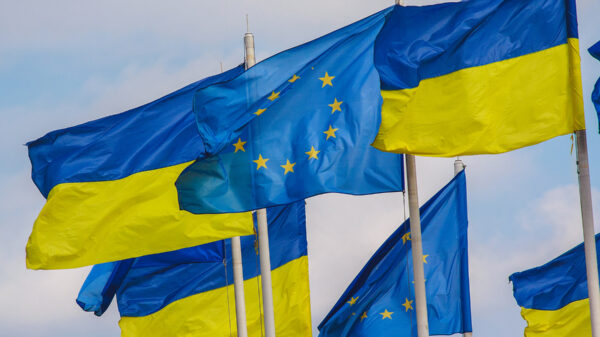According to the IMF data for the EU, Europe’s collective GDP is falling into recession, their forecast for 2024 is only 1.1% real GDP growth. It’s marginally better than in 2023 (0,6%, which is close to catastrophic), but much lower than in 2022 (3,6%) and in 2021 (6.1%). The UK is in a similar situation: the IMF predicts real GDP growth in 2024 will amount to 0.5% (with 0.1% in 2023, 4,3% in 2022 and 8.7% in 2021).
European rationalism and pragmatism have always been the mainstay of our economy. As Adam Smith once said, it is not from the benevolence of the butcher, the brewer, or the baker that we expect our dinner, but from their regard for their own interest. But, unfortunately, we have stopped being pragmatic butchers, brewers and bakers, and instead of pursuing our own interests, we set the table for others for free. And this has the most direct economic consequences.
At the same time, our opponents, as it seems, don’t feel these consequences. Russia, while all the global economic, political, and other sanctions target this country because of their invasion of Ukraine in 2022, does a better job at keeping its GDP growing. The IMF predicts their real GDP to grow by 3.2% in 2024, with 2023 being even better at 3.6%. 2022 was a weaker year for Russia as it was the first year of vast sanctions (real GDP shrunk by -1.2%), and in 2021 the growth was at 6%. The data shows that the country copes with global sanctions and has learned to live with them.
India and China, on the other side of the globe, keeping themselves distant from any political turbulence and cooperating with all countries, have a much better economic prognosis for 2024. The current year, according to the IMF, will yield 6.8% and 4.6% real GDP growth (India and China, respectively). 2023 was also successful – 7.5% and 5.2% respectively.
The obvious reason is anti-Russian sanctions, but they are just making a serious contribution and don’t hold on their own as a single cause. It’s too easy to forget that the global economy is a single ecosystem, and anti-Russian sanctions lead, first of all, to the fact that Europe creates artificial barriers to its economic growth, while Asia is growing well.
The question arises: have we chosen the right method to stop Russia’s aggression? Apparently, the current method leads to the opposite effect. At the same time, the population of Europe is faced with economic problems because of anti-Russian sanctions, more than the Russian government. Prices and inflation are rising, and political and social turbulence is increasing. It is clear that sanctions against Russia do not limit their financial resources, but, first, hit international trade. It seems that the Kremlin does not depend on these restrictions, which, in reality, affect ordinary people in Europe.
For example, although it has been more than two years since Russia began its full-scale invasion of Ukraine, its gas is still flowing into Europe. While the European Union has greatly reduced the amount of gas it imports from Russia, the hydrocarbon is still powering some European homes and businesses, confirming that without trade the modern world is impossible. If we abandon Adam Smith’s ideas, then economic and political anarchy will begin. Therefore, although the oil and gas industries are officially under many sanctions, the EU has no other choice but to buy it, which makes us spend more money on things we buy anyway, but in an attempt to save face. Could we have imagined this just a couple of years ago?
And it’s worth noting that some industries are carefully avoided by any sanctions whatsoever – nuclear industry, titanium production, and others – the reason for that is that there is simply no way to avoid tackling Russia in these segments as they are sole monopolists and their involvement is required.
It seems that more and more people in power start to notice that, as news about the sanctions lifting against Russian entrepreneurs and companies start to emerge, therefore, seemingly changing the climate and attitude towards them.
In April, two Russian oligarchs won a surprise victory against EU sanctions – Peter Aven and Mikhail Friedman managed to convince the European Court of Justice that imposed sanctions were unjust. Several others – billionaire Farkhad Akhmedov, oligarch and business tycoon Dmitry Pumpyansky, businessmen Grigory Berezkin and Alexander Shulgin – had sanctions lifted just a few months before that. Other persons are in talks – Alisher Usmanov, Vagit Alekperov and some others – in general, discussions are taking place around a dozen of the largest Russian businessmen. Companies are also looking for possible windows of opportunity – for example, in April, the US removed the former European subsidiary of the Russian VTB Bank from its sanctions list.
In response to the European lifting of sanctions, according to the source, the UK is preparing to lift sanctions on a number of Russian entrepreneurs. It seems that if 2 years ago Europe and the UK competed over who would add more to the sanctions lists, now the situation is the opposite, and Europe is ahead of the UK in the number of sanctions lifted.
The rationale for imposing sanctions on large businesses close to the state was as follows: the oligarchic businesses not only benefit from proximity to the government, but they also inform the oligarchs’ close relationship with the authorities. This means that the oligarchs could potentially influence the government and personally influence Putin in the case of any significant sanctions being imposed on them. A deep dive into the entanglements of big business with Russia’s security and administrative agencies suggests the oligarchs are not yet prepared to take this route. Therefore, the sanctions basically have lost their true meaning. We will probably remember very soon that Adam Smith was right and began to separate trade, which is necessary for everyone and is the key to economic prosperity, from the struggle for political ideals.

